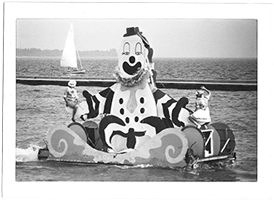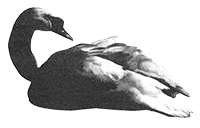What happens when a composer uses quantum computers to create music? Eduardo Reck Miranda from the University of Plymouth, a composer who explores new methods of music creation through technology, introduced us to the fascinating realm of quantum computer music. He shared his journey from using brain-computer interfaces for disabled musicians to exploring the emerging field of quantum computing for artistic expression.

Eduardo explained the fundamental differences between classical and quantum computing, illustrating how quantum mechanics can be harnessed to generate unique musical compositions in real-time. He examined concepts like superposition and entanglement, explaining how these quantum phenomena can be translated into musical parameters, such as pitch, rhythm, and timbre.
He demonstrated systems that translate brainwave activity into musical control, offering a glimpse into how disabled musicians can compose and perform.

He also showcased pieces where quantum processes directly influenced the music, revealing the unexpected and often surprising sonic landscapes that can emerge from such collaborations. The session gave us a glimpse into a future where the inherent probabilistic and non-deterministic nature of quantum phenomena opens up entirely new possibilities for musical creation and interaction, pushing the boundaries of what is considered art and how it is created.




















